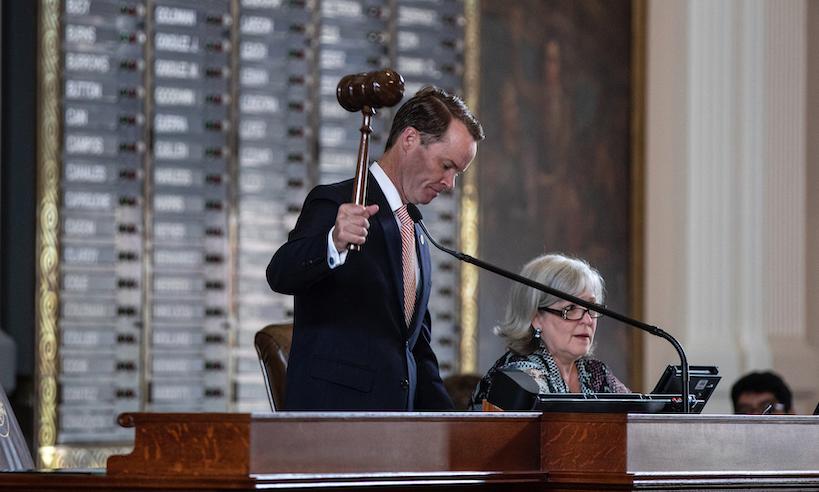In a Texas primary contest with national implications, GOP heavy hitters are uniting to oust Republican House Speaker Dade Phelan from office on Super Tuesday.
The Republican speaker faces the fight of his political career with former President Donald Trump and Texas GOP leaders backing Mr. Phelan’s main primary opponent, David Covey, in the March 5 Republican primary.





